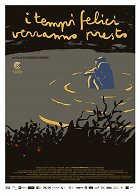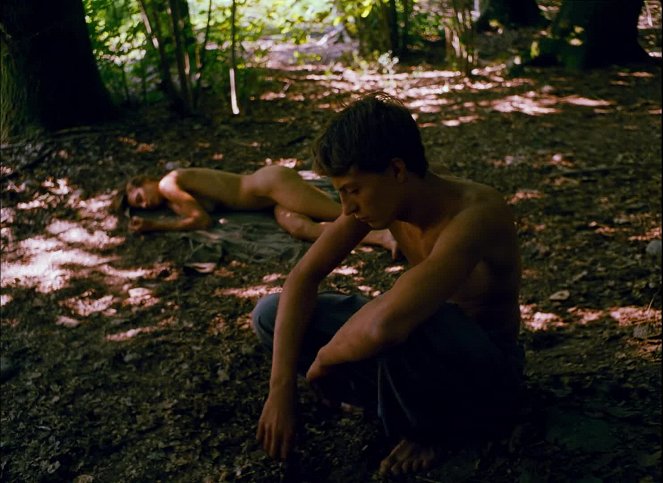Regie:
Alessandro ComodinCamera:
Tristan BordmannActeurs:
Sabrina Seyvecou, Erikas Sizonovas, Luca Bernardi, Marco Giordana, Carlo Rigoni, Paolo Viano, Marinella Cichello, Santo GioffrèSamenvattingen(1)
‘Homo homini lupus’ – de mens is een wolf voor zijn medemens – zou het motto kunnen zijn van deze film. In dit drieluik met associatief aan elkaar gestikte delen, raken mens en natuur met elkaar vermengd. Legendes, rurale schoonheid en romantiek zijn de belangrijkste ingrediënten. In het eerste deel, dat zich waarschijnlijk vlak na de Tweede Wereldoorlog afspeelt in de Noord-Italiaanse Aostavallei, zwerven Tomasso en Arturo door de bossen. Ze jagen, verzamelen paddenstoelen en roven voedsel en kleding uit verlaten hutjes. Totdat een ontmoeting met bewapende dorpelingen ze noodlottig wordt. In het tweede en derde deel duikt Tomasso weer op. Het is ruim een halve eeuw later en de bossen waar hij zich schuilhield, zijn vergeven van de wolven. Kroegbezoekers vertellen elkaar verhalen over een legendarisch exemplaar dat het voorzien had op mooie meisjes. Dat weerhoudt de lokale schone Ariane er niet van om op onderzoek uit te gaan in het bos. (International Film Festival Rotterdam)
(meer)Video's (1)
Recensie (1)
Inspired by Němec’s Diamonds of the Night, among other films, Happy Times Will Come Soon is a narrative experiment in which Comodin develops his specific cinematic language combining a realistic approach (depictions of the present moment) with the mythological (what happened/could have happened in the past). Like his debut, Summer of Giacomo, this film takes place almost entirely in a forest (primarily at night and at dusk, not in daylight). After the fictional introduction, there is an unanticipated jump in time and we are suddenly watching the documentary testimonies of villagers relating a legend about the wolves that once plagued the forest. The film then changes direction and its nature again and we watch young Ariane, portrayed by the only professional actress in the cast, who sets out into the forest, where she meets one of the young men from the first segment of the film and more or less becomes a player in the fairy tale whose retelling we heard in villagers’ accounts of the legend. Furthermore, her story plays out before the events in the introduction of the film (while the epilogue is set in an indeterminate future). The varying approach to genre holds us in a constant state of uncertainty about what we are actually watching and how much it has in common with reality. The boundary between film types and genres is thus thematicised. Is it a fairy tale? A reconstruction of actual events? Improvisation? The film does not respect any boundaries (time, genre or spatial), nor does it adhere to any known narrative formula, which causes it to be highly irritating as well as provocative and stimulating. As a result, it is not merely an escape into the forest, but also an escape from the conventions of film narrative. I can’t say if it’s a good film or not, but I enjoyed thinking about it in any case. 65%
()


